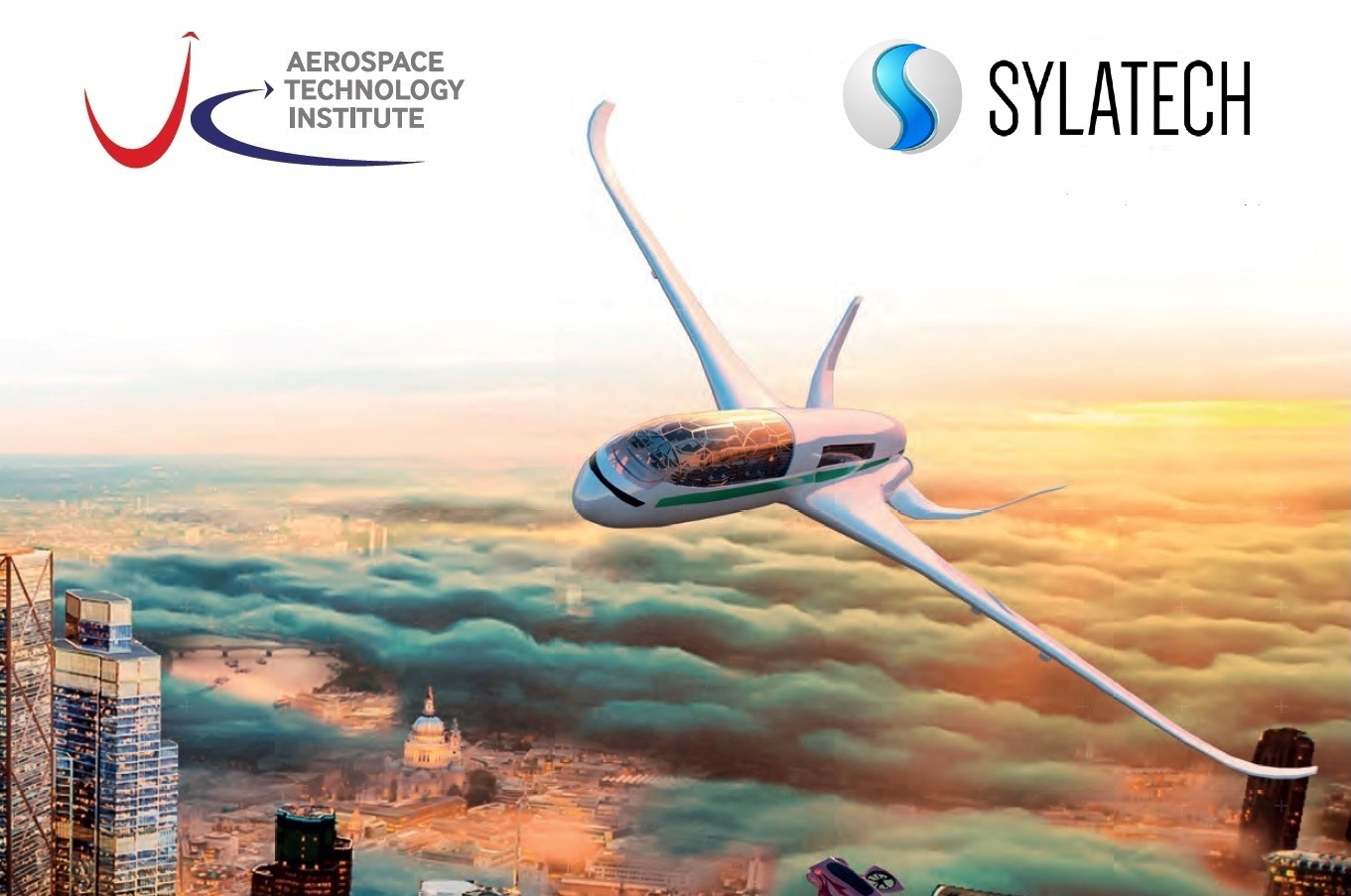

Sylatech, a North Yorkshire-based company, thinks the potential of aluminium shape casting for aerospace components is yet to be fully defined due to concerns regarding the manufacturing process, product consistency, and mechanical performance. To address these concerns, Sylatech has launched the Digital Liquid Metal Manufacturing (DLMM) project, which has a total budget of £3.4 million.

The company has been awarded a grant of £2.07 million from the Aerospace Technology Institute (ATI) programme for its project aimed at developing geometrically complex castings using aluminium shape casting.
The project will utilise MeltX, a metal casting innovation, to enhance the mechanical properties of post-consumer aluminium. The aim is to reduce weight and increase the in-service life of each casting. MeltX has been recognised as a revolutionary achievement, as it provides an automated casting process that generates super-clean aluminium for further processing. DLMM's core objective is to establish a consistent and duplicable process for casting ultra-clean aluminium components.
The initial attention will be directed towards casting geometrically intricate components, such as fuel pumps, using 3D-printed sand moulds. Rupert Sexton, who is responsible for sales business development at Sylatech, shared that this development could prove to be a significant achievement in the casting field.
Rupert Sexton illustrated: "Ultimately, the intention is to develop MeltX to a point where it can be used to produce structural castings for aerospace, defence and automotive applications."
The project is a collaborative effort between Alloyed Limited and the esteemed Universities of Cranfield and Sheffield. The project's industry advisory panel includes the prominent names of Rolls-Royce and GKN Aerospace. In order to gain a better understanding of aluminium flow rates, metal cleanliness, metal temperature profiles, alloy chemistry, energy consumption and monitoring, simulation and modelling techniques will be employed. The AMRC will lead all intrinsic MeltX digitalisation activities.
Rupert Sexton, a sales business developer from Sylatech, went on to clarify: "The data captured from MeltX will then be fed into Cranfield University's software to support the optimisation of the process and help develop the framework for a digital twin. "This will lay the groundwork and develop the capability for a full process digital twin to be created once the technology is established."
"Process digitalisation is a key requirement for all manufacturing technologies seeking to support the next-generation requirements of the aerospace industry. This is even more relevant in the casting industry where historically the process, and the resultant product, has been viewed as highly variable," he added.
According to Sexton, the "Digital Framework Development Activity" will determine the necessary requirements to facilitate short-term and long-term digitalisation capabilities for processes, both within and after the project.
Sexton also speculated: "Improved ductility should create more light-weighting opportunities and increase the fatigue life of parts. Generative design will allow designers to remove weight from castings, and AI will also play a role in developing data sets for alloys developed on the MeltX platform."
MeltX's objective is to improve the elongation rates achievable with aluminium significantly. The initiative will run for three years, propagating the use of A356 and A357 alloys. If the use of aluminium in the transportation sector is the one point that you wish to increase your knowledge about, please have a look at AL Circle's specially curated report on the same topic, Future of Aluminium in the Transportation Sector.
Responses








